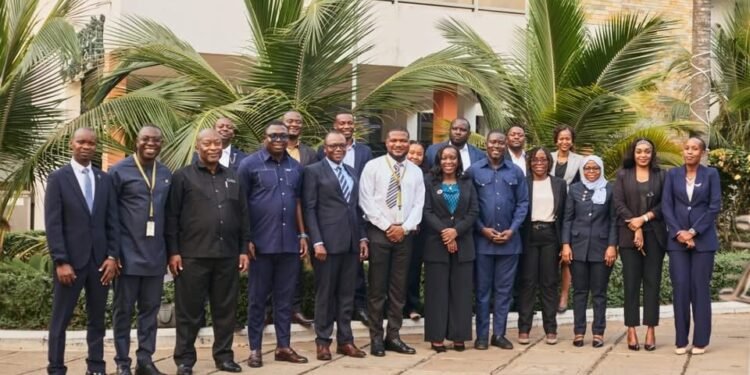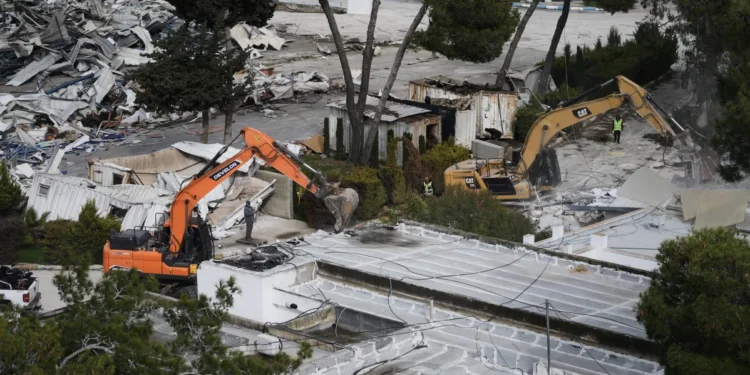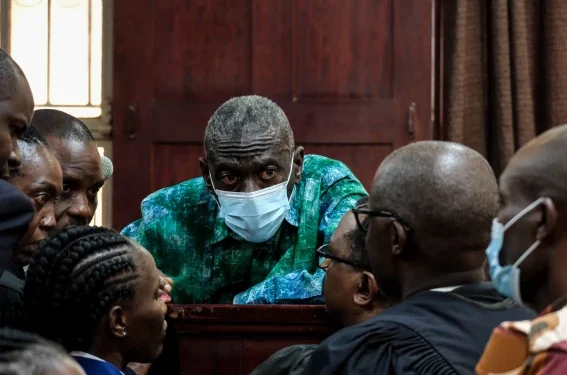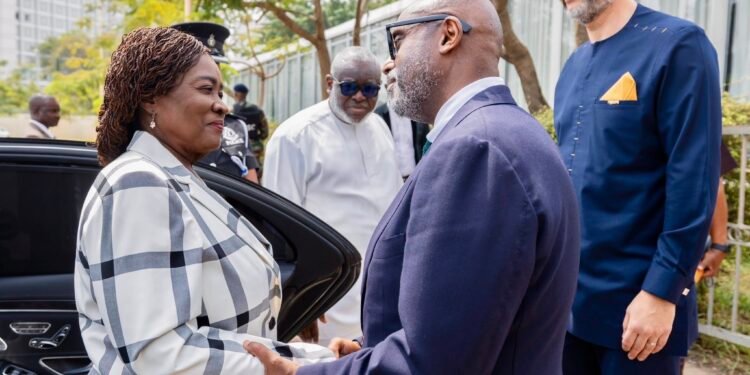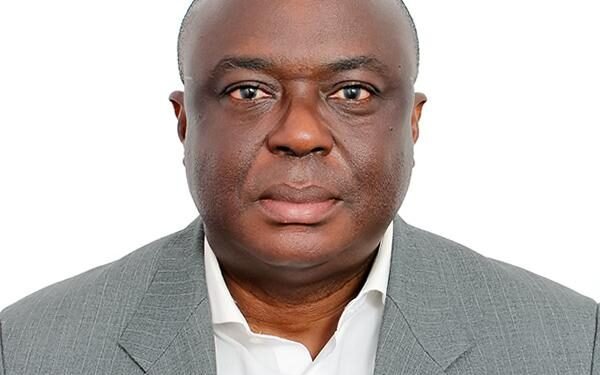Lawyer and political activist Oliver Barker-Vormawor has sparked intense controversy with explosive allegations that place the judiciary at the center of deep-rooted corruption and unchecked privilege within Ghana’s legal system.
His explosive revelations about what he calls a “Judiciary Scandal” have already rattled the corridors of justice — and the aftermath is only just beginning.
According to Barker-Vormawor, the backlash has been swift behind the scenes.
“I hear my revelations last week about the financial scandals plaguing the Judiciary have ruffled more than a few feathers,” he stated boldly, adding that Ghanaians should brace for a flurry of press statements from the Judicial Service and even sitting and retired judges scrambling to manage the damage.
And what exactly has caused such alarm? Barker-Vormawor alleged a pattern of excessive and unjustifiable financial benefits showered on the families of judicial figures.
“They’ll try to spin justifications for the obscene perks and payouts handed to their family members. But they won’t deny it — not the per diems for spouses, nor the travel allowances for their children. They can’t. The facts are too clear.”
Oliver Barker-Vormawor
These claims suggest that within Ghana’s Judiciary, an elite circle has been quietly reaping vast personal benefits funded by the public purse — and that those entrusted with interpreting the law have also found ways to bend it to preserve their privilege.
While some may argue that such entitlements are routine within state institutions, Barker-Vormawor insisted these specific benefits amount to nothing less than institutional rot.
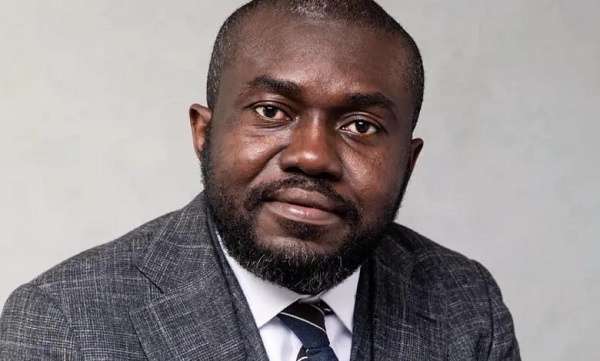
He warned that the public should expect efforts to obscure the truth rather than confront it.
“Some may even attempt the usual sleight of hand — undermining the Auditor-General’s report, discrediting the findings, muddying the waters with legalese and manufactured outrage.”
Oliver Barker-Vormawor
The Judiciary Scandal, in his view, is not just a question of budget lines or administrative oversight — it’s a symptom of something far deeper: a broken culture of entitlement that sees itself as above scrutiny.
Hard-Hitting Claims On Judiciary Unveiled
Furthermore, Oliver Barker-Vormawor did not stop at the Judiciary itself. He pointed a finger at the broader legal fraternity, accusing some senior lawyers of shamelessly defending the indefensible.
“And yes, a few ‘prominent’ lawyers—with the loyalty of Bisons and work ethic of bulls—will be galloping to their defence, penning statements and whispering legal threats they know will amount to nothing.”
Oliver Barker-Vormawor
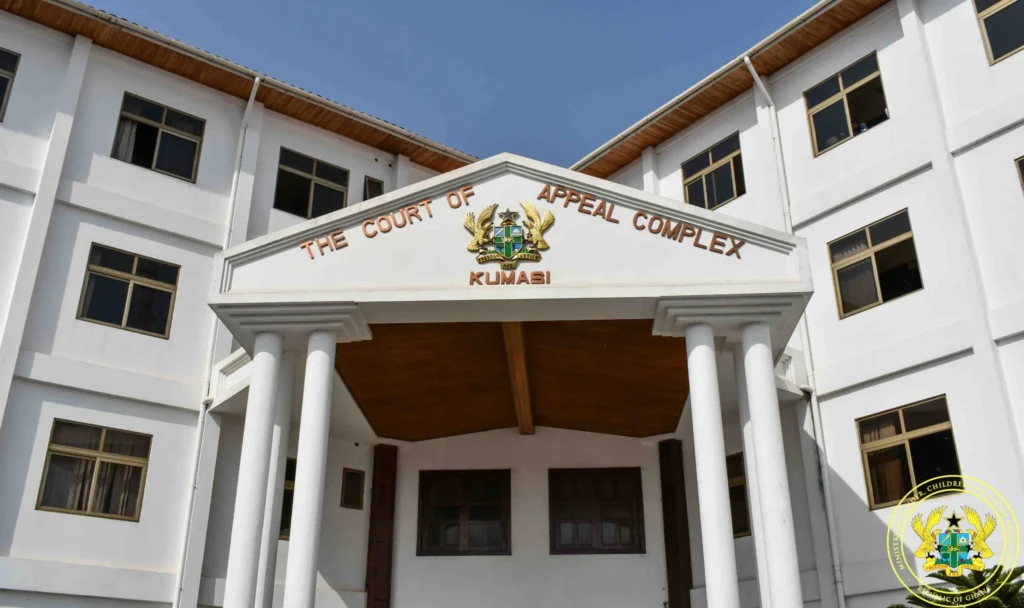
It’s a sharp rebuke, and not without purpose. In a system where power is often shielded by protocol and tradition, Barker-Vormawor’s approach is deliberately blunt.
Accordingly, he called for laughter, not in mockery, but in disbelief at the panic he believes has gripped those implicated. “But laugh. Laugh at their panic.”
His mission, he indicated, is to drag into the open a much-needed national conversation — one that goes beyond legal formalities and confronts the real cost of what he describes as “wage apartheid, institutional excess, and the political class granting itself grotesque privileges.”
This, he insisted, is not personal. It’s not about vendettas or disrespect. It’s about accountability. About asking how a system meant to serve justice has come to serve itself instead. “Because this conversation — about wage apartheid, institutional excess, and the political class granting itself grotesque privileges — is long overdue.”

Critics may dismiss his style as too provocative or his tone as confrontational. But that, too, is part of the point. In a political culture where civility often masks complicity, disruption may be the only way to force a reckoning.
He concluded that this is not a moment for retreat, but for scrutiny. For citizens to ask tough questions and demand honest answers. “It is a legitimate, necessary subject of public scrutiny. And no amount of bluster can wish it away.”
If what Barker-Vormawor claims is true — and if the silence of institutions becomes louder than any denial — then this Judiciary Scandal might not just be another news cycle. It could be a tipping point in Ghana’s quest to hold even its most sacred institutions to account.
The real test lies in how the public and its leaders respond: with indifference, or with the resolve to clean house.
READ ALSO: UK Lawmakers Move To Block Trump’s Parliament Speech










